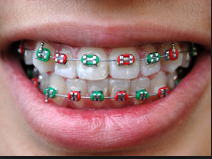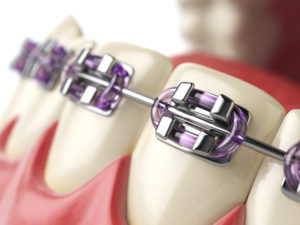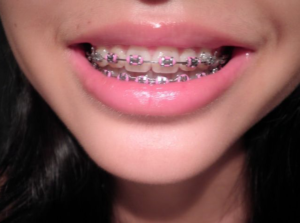What is Orthodontics or an Orthodontist
What is Orthodontics or an Orthodontist
A lot of people think that orthodontists are the same as dentists but this is not the case. San Antonio Orthodontists are specialists although of course they are part of the dental treatment professional family. This post is designed to make the differences very clear and it is hoped that it is informative and easy to understand.
Orthodontics is a highly specialized branch of dentistry that addresses problems related to the alignment of the teeth and jaws. As such, it is of course closely related to the field of general dentistry, but the very specific problems with which it deals at the same time somewhat sets it apart.
Therefore, orthodontists do not usually perform general dental procedures (such as fillings, extractions, whitening, etc.), but are instead highly-trained specialists whose qualifications and skills enable them to address a wide variety of structural problems associated with the teeth and jaws, such as crowded teeth, underbite, impacted teeth, as well as many other conditions.
The very specialized nature of the work that they do therefore means that orthodontists are required to undertake specialist studies above and beyond those which are required to practice as a general dentist.
As well as completing a 5-year Bachelor of Dental Surgery degree, an orthodontist is also required to complete a 3-year Masters’s degree/Doctorate in Orthodontics. In addition, in order to practice in the US, an orthodontist must be registered as a Specialist in Orthodontics by the American Dental Association and have an affiliation with the American Association of Orthodontists.
*An orthodontist is a dentist who has not only completed a graduate program in dentistry to receive their DDS or DMD (Doctor of Dental Surgery or Doctor of Dental Medicine), but has also gone through a competitive residency at a CODA-accredited orthodontic program for an additional 2-3 years to be trained specifically in orthodontics and dentofacial orthopedics. * from the ABO website
This specialized training and professional regulation, as well as the fact that they have experience in dealing with the full range of orthodontic conditions, means that orthodontists are acknowledged as the most qualified practitioners to deal with the diagnosis, prevention and treatment of any problems associated with the alignment of teeth and jaws (known technically as malocclusion, which literally means ‘bad bite’).
As specialists, a patient requiring treatment from an orthodontist does not require a referral from a general dentist. However, for many patients, a referral from their dentist is the first step in receiving orthodontic treatment, and so they can rest assured that their orthodontist will work in close consultation and partnership with their family dentist. An experienced orthodontist will consider their role to be part of a team dedicated to a patient’s dental well-being, and so will always keep a patient’s dentist fully informed of any work or procedures being undertaken.
Therefore, while San Antonio orthodontics is a distinct, specialist branch of dentistry that deals with very specific conditions and problems, the work of an orthodontist supports the role that family dentists play, and so the two professions can be seen very much as working in partnership.
Read More »
